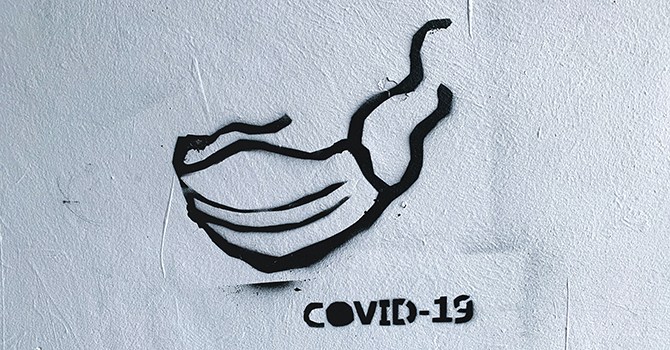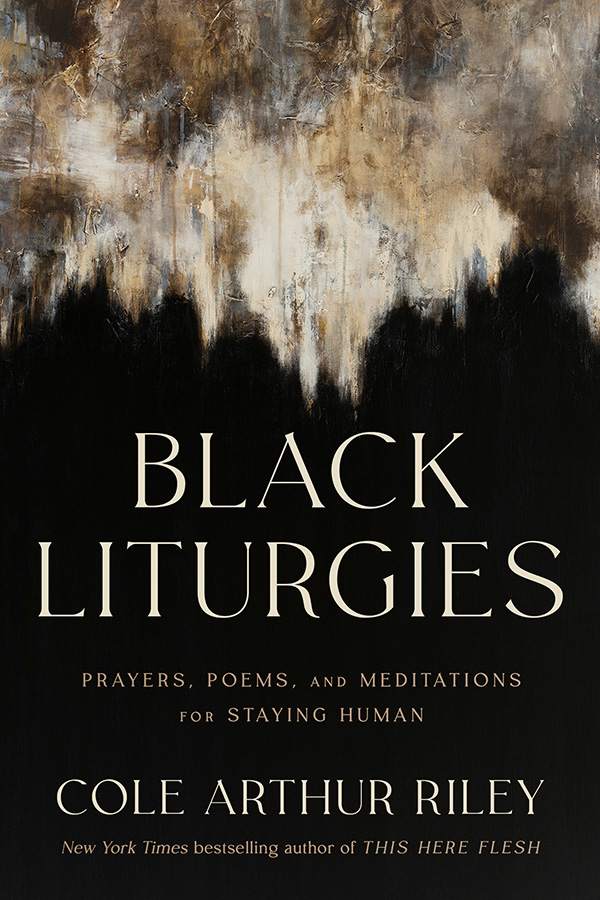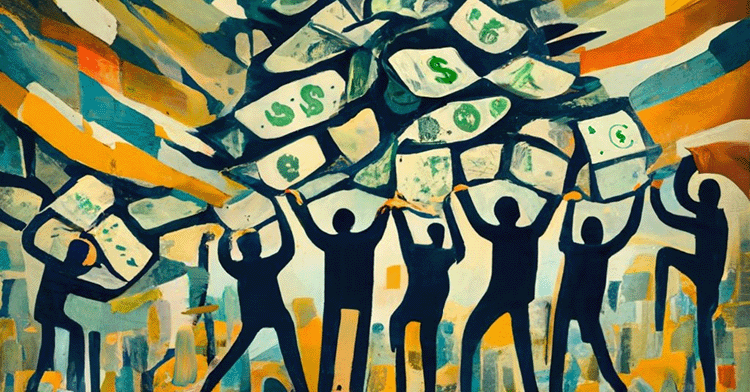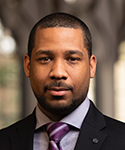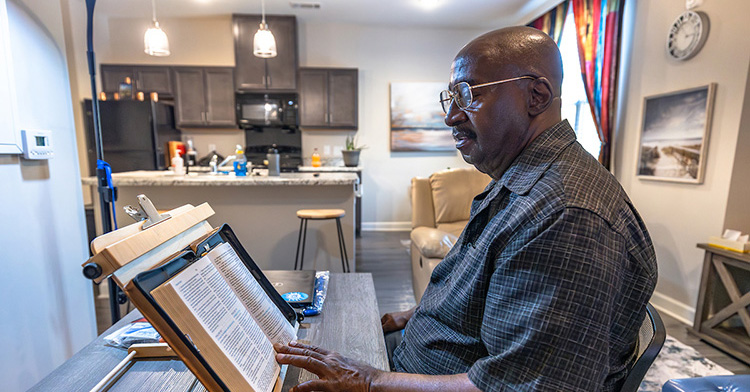We are facing a most challenging and monumental test of leadership across all sectors. The devastating human and economic impact of the COVID-19 pandemic is compounded by recent protests and backlash against the tragic and senseless killings of Ahmaud Arbery, Breonna Taylor, George Floyd and so many others, tied to the need to end police violence and structural racism.
This moment could be a tipping point -- or in religious terms, a kairos moment, in which the sheer brokenness and injustice of the status quo leads to an awakening that makes transformational change more possible.
While these crises are clearly interconnected, my focus here is on leadership in addressing the COVID-19 pandemic, which in far too many ways and places is getting worse rather than better. In many states, instead of a redoubling of efforts to mitigate and contain the pandemic, we are seeing a rush to reopen and then a scramble to respond to an alarming spike in infections.
Failures of leadership at almost every level are exacerbating and prolonging this crisis. While it is hard to accept, our nation has earned a failing grade, particularly in comparison with countries that to date have been far more successful in containing the virus.
The response to COVID-19, the grave state of our economy and the awakening to racial injustice will arguably become the primary issues that shape the outcomes of the 2020 election. It feels like the most consequential election in my lifetime.
Pandemics have a great deal to teach us. Rather than focusing on the question of theodicy -- how does an all-loving and all-powerful God permit evil -- I believe that the church should be focusing on what God wants to teach us through this pandemic.
COVID-19 is like an MRI, exposing many of the long-standing weaknesses and racial inequities in our society. It is also clarifying our understanding of leadership, illustrating just how important ethical, evidence-based and visionary leadership is to our collective future.
Sadly, the United States entered the pandemic in weak health, suffering from alarming levels of polarization, contempt and distrust in our politics and society. While people often unite in times of crisis against a shared threat, this pandemic has the power and potential to further divide us, particularly if our understanding of it falls along partisan lines and our experience of it is different across the country.
The pandemic also has the potential to bring out both our better angels and our worst demons. It can heighten our capacity for compassion, solidarity, empathy and a shared commitment to protect the most vulnerable in our midst, and it can simultaneously exacerbate the dangers of nativism, xenophobia (already directed toward Asian Americans), selfish individualism and fear.
From the perspective of Christian ethics and public discipleship, the leadership qualities that Jesus and the apostle Paul taught and embodied are the very ones that are so desperately needed to ultimately overcome this pandemic. These same qualities can also help ensure that we don’t simply return to an old, broken normal but instead build a new normal that is radically more equitable and just.
Jesus said that the truth will set us free (John 8:31-32). Leadership in the midst of COVID-19 requires telling hard truths, even when they are politically inconvenient and costly. I believe that one of the main reasons Govs. Cuomo in New York and DeWine in Ohio were effective and lauded in the early stages of the pandemic is that they were willing to share hard, data-driven truths about the virus and communicate what must be done.
In contrast, President Trump and far too many elected officials have exhibited shameful and erratic leadership, often putting short-term political interests and greed over public health. It is increasingly clear that you can’t fake, spin or lie your way out of a pandemic. The virus makes a mockery of political denial and delay.
COVID-19 is also reinforcing critical leadership lessons about the imperative to embrace Jesus’ teaching on compassionate response: “Whatever you did for one of the least of these …, you did for me” (Matthew 25:40 NIV). In many ways, COVID-19 is a test of how committed we are as a society and nation to protecting our most vulnerable.
The moral test of our society and economy is how we treat and prioritize the modern equivalents of orphans, widows, strangers and the poor. In the face of COVID-19, this includes the elderly, the immigrant, the homeless, the incarcerated and communities of color. That Americans living in majority-Black counties are three times as likely to contract the virus and nearly six times as likely to die of it than those living in majority-white counties is unconscionable.
Leadership in this moment requires a greater understanding of and commitment to solidarity and shared sacrifice. Jesus said, “Whoever wants to be my disciple must deny themselves and take up their cross and follow me” (Matthew 16:24).
While not easy to embrace, self-denial is a hallmark of discipleship and is now even more critical to promoting the common good. Taking up our cross means that the cross precedes the crown.
In order to mitigate the spread of COVID-19, we must deny ourselves physical proximity to others, wear masks, and endure further periods of home schooling, job disruption and loss, and shuttered businesses that may not fully return. This is a painful reality, and we must do as much as possible to support those who are suffering.
In the context of COVID-19, shared sacrifice must take precedence over our shared desire to reopen our economy too quickly and return to a semblance of normal. Sadly, many politicians are presenting a false choice between public health and the economy -- false, because our economic recovery is inextricably tied to how quickly we contain the virus.
Leadership that embraces shared sacrifice prioritizes funding and policies that both protect the most vulnerable from infection and provide greater economic and social support to those adversely impacted.
Finally, leadership in the time of COVID-19 requires that we learn from the apostle Paul’s brilliant metaphor in 1 Corinthians that our society functions like a human body, and “if one part suffers, every part suffers with it” (1 Corinthians 12:26). As the Rev. Dr. Martin Luther King Jr. famously said, “Injustice anywhere is a threat to justice everywhere.”
One of my favorite preachers, Dr. Freddie Haynes, recently created his own remix of Dr. King’s words, saying, “Infection anywhere is a threat to health and wellness everywhere.” COVID-19 is demonstrating just how interdependent our lives have become, both within our local communities and across the world.
A virus that likely originated in China has spread globally with devastating consequences. And now we are in a global race for effective treatments and ultimately a vaccine. How fast we run and win this race against time will hinge on our degree of cooperation and altruism at all levels.
The good news is that we can learn from and be inspired by the ancient church’s response to pandemic. The early church often experienced its most explosive growth during times of persecution and pandemic when followers of Christ were often the first, and sometimes the only, responders providing care for the sick and food for the hungry.
In the face of the greatest public health crisis since 1918, our nation and world desperately need leadership that embraces truth telling, solidarity, and shared sacrifice, prioritizing the most vulnerable and engaging in unprecedented cooperation.

